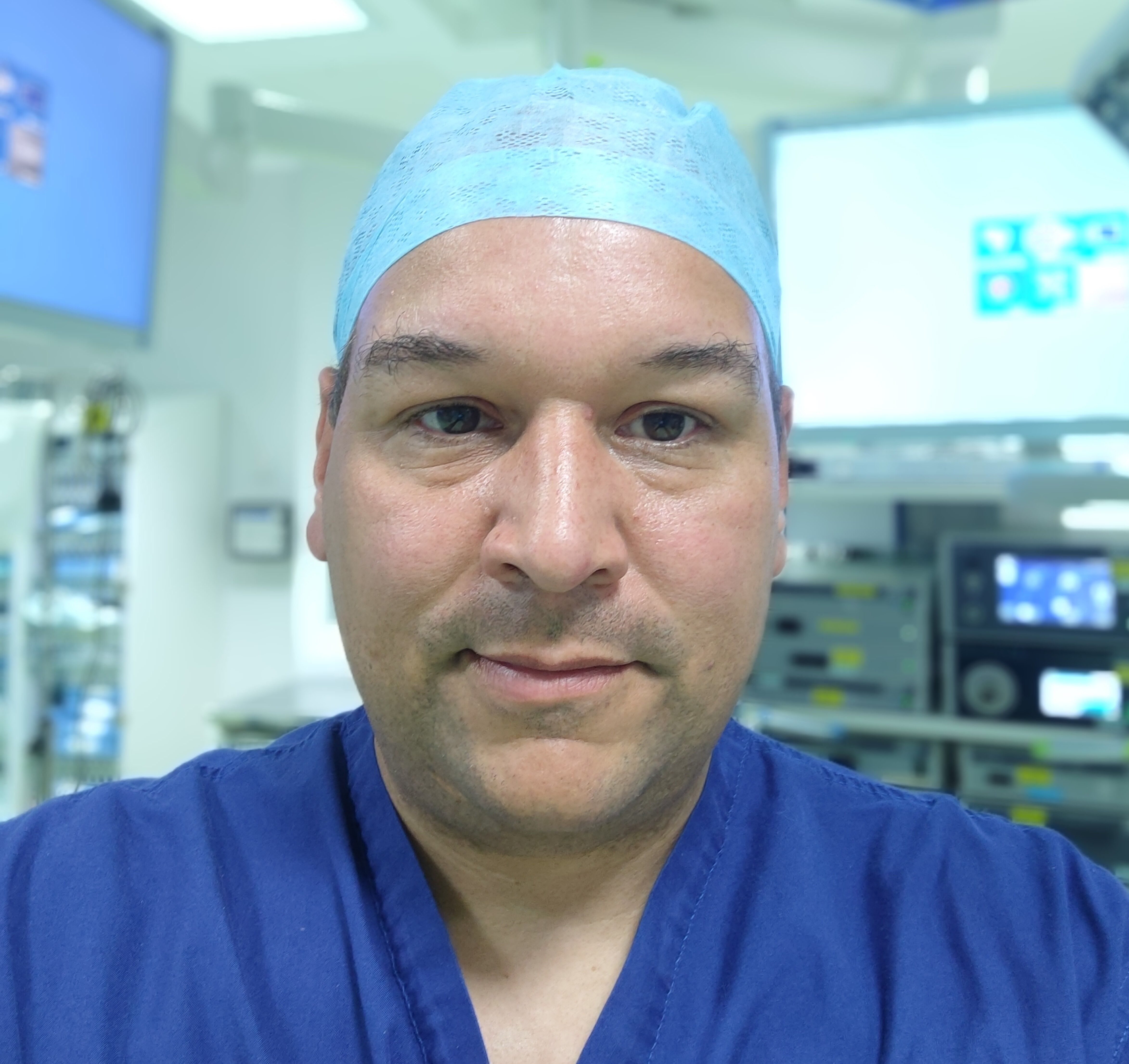Little Princess Trust News
New projects aim to help children with kidney cancer

Researchers excited at what can be achieved after securing LPT funding
The Little Princess Trust is delighted to announce three new research projects that will help improve care and treatment for children with kidney cancer.
While most children with kidney tumours can be cured, some children need better and more effective treatments.
However, treating cancer that lives inside the kidneys comes with its own unique issues, like trying to prevent long-term side effects and fighting the unique biology of the kidney itself. We urgently need research that will support better and kinder treatments.
Wendy Tarplee-Morris, Director of Services & Impact and Co-Founder at The Little Princess Trust, said: “Research is essential to improve treatment and care for children with kidney cancer.
“We are proud to have funded three new projects, addressing key areas from genetic testing to improving surgery.
“Together, these projects have the potential to make a real difference to children diagnosed with this disease.”
The three projects are as follows:
1. Molecular-driven treatments for children with kidney cancer
Funded by the LPT, Dr Tanzina Chowdhury at Great Ormond Street Hospital has a two-pronged approach to improving care. The first is to improve genetic testing by offering NHS whole genome sequencing to all children with kidney cancer in the UK.
Dr Chowdhury’s team will analyse the data created to understand more about how kidney cancer responds to treatment, improve the accuracy of diagnosis, and identify targets for treatment. Additionally, the team will explore whether special blood tests can support diagnosis and monitoring. Dr Chowdhury hopes these tests could diagnose children faster and detect relapses sooner.
Together, these aims will improve outcomes for all children with kidney cancer.
2. How does kidney cancer grow and spread?
Professor David Long is looking at a new theory for how kidney cancer grows and spreads. His lab at UCL Great Ormond Street Institute of Child Health has found that there are lots of lymphatic vessels in kidney tumours, and he believes these might be key to understanding the cancer.
These specialised tubes transport cells, molecules, and waste out of tumours. However, they can also communicate with cancer cells.
We are looking forward to exciting new findings to improve outcomes.
Prof Long explained: “Our work will examine whether changes in lymphatics are linked to outcomes of kidney cancer in children.
“We are going to be using state-of-the-art techniques to explore this in kidney cancer. These include 3D imaging to allow us to see how lymphatic vessels interact with cancer cells in the kidney.
“This analysis will be combined with technologies which allow us to work out how every molecule is being altered in lymphatics and cancer cells during childhood kidney cancer.”
Prof Long hopes to find out exactly how the vessels communicate with cancer cells, and whether these messages are different in higher-risk tumours. This may suggest ways to predict the outcome of a child’s cancer or could suggest new ways to treat kidney cancer.
He said: “We are very excited about this new project funded by the Little Princess Trust. Our laboratory has experience with studying lymphatics in other kidney diseases, but this is the first work we have done in childhood cancer.
“We are looking forward to exciting new findings to improve outcomes and generate new treatments for children and young people with kidney cancer.”
3. Using dye to make surgery more effective
As a specialist children’s surgeon, Mr Max Pachl wants to improve kidney cancer surgery in the hopes of improving cure rates.
He said: “We know that Wilms tumour, a type of kidney cancer, is very treatable. However, this is of little comfort to those parents who have lost a child because of it.
“We also know that removing all of the tumour leads to improved survival - surgeons can’t see all the cancer cells and so we may leave some disease behind.”

With his LPT project, based at the University of Birmingham, Mr Pachl will test whether a surgical dye can make Wilms tumour cells glow green – allowing surgeons to remove as much tumour as possible or mark areas for targeted radiotherapy.
He hopes that this may lower the chance of the cancer growing back.
Mr Pachl said: “We are trying to push the boundaries and improve care for patients with Wilms tumours.
“This is an innovative, world-leading study with globally recognised experts, coming together to develop a dye that can identify cancer cells during surgery.
“We need to prove that the dye works on lab-grown tumours before we can test it in real kidney tumours.”
This project could significantly improve the safety and effectiveness of kidney cancer surgery for these young patients.
Latest Posts
New book reveals reality of a child’s cancer diagnosis
How can we help children and young people with bone cancer?
Charities join forces for Teenage and Young Adult Cancer Awareness Month
Natalie Dormer donates her locks to help children with hair loss
Artist helps us support our 20th anniversary



